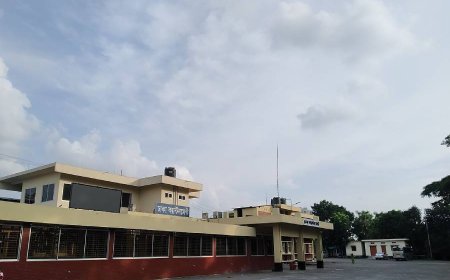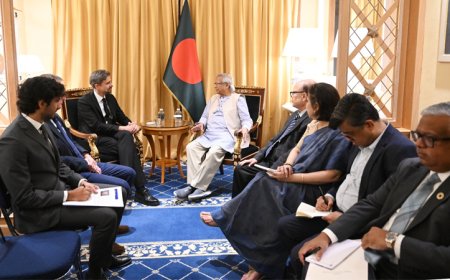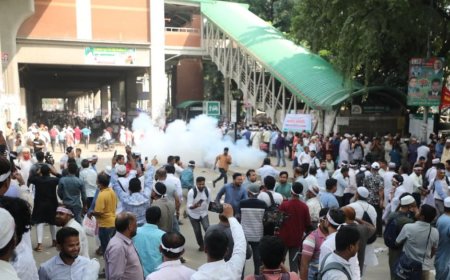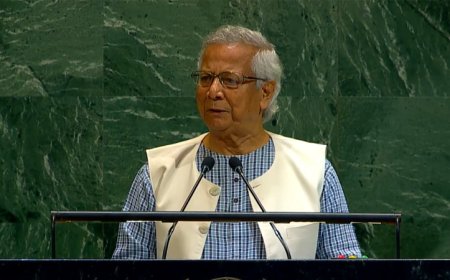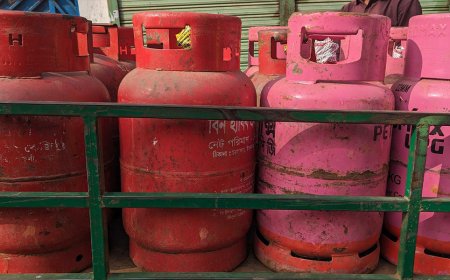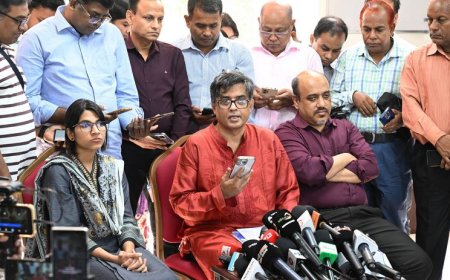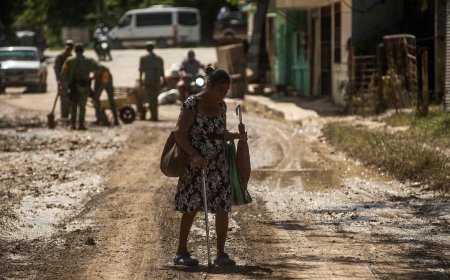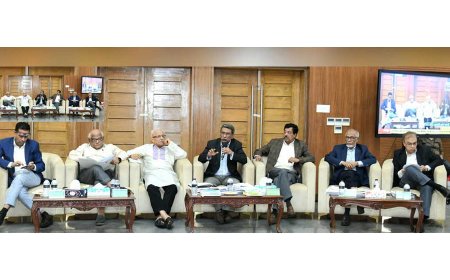Commission proposes allowing 7% of women candidates to be directly nominated, in addition to retaining the 50 reserved seats
The National Consensus Commission has proposed a new policy mandating that political parties nominate women candidates in 7% of general constituencies, while keeping the current 50 reserved seats for women in parliament.

Vice President of the National Consensus Commission, Ali Riaz, presented a revised proposal on the 22nd day of the second phase of political dialogue at the Foreign Service Academy in Dhaka.
Earlier, the Constitution Reform Commission had suggested holding direct elections for 100 women in reserved parliamentary seats. Similar recommendations came from the Electoral Reform Commission and parties like the National Citizen Party (NCP), Communist Party of Bangladesh (CPB), Bangladesher Samajtantrik Dal (BSD), and Jatiya Samajtantrik Dal (JSD), who advocated for electing 100 women through a rotating system. In contrast, Islamist parties, including Jamaat-e-Islami, proposed proportional representation for these seats.
Meanwhile, the BNP and its allies preferred retaining the current arrangement of 100 reserved seats for women.
In response to the diverse viewpoints, the commission on July 14 put forward a modified proposal requiring political parties fielding candidates in more than 25 constituencies to nominate women in at least one-third of those. However, this was opposed by a majority of parties.
As an alternative, BNP Standing Committee Member Salahuddin Ahmed proposed maintaining the existing 50 reserved seats and nominating women in 5% of general constituencies in the next election, with a gradual increase to 10% by the 14th national election.
The commission’s latest proposal, presented today, outlines a phased approach to ensure the direct election of 100 women MPs over time. Under this plan, following the adoption of the July National Charter 2025, all political parties will be required to nominate women in 7% of general constituencies in the next general election. This would be in addition to the current 50 reserved seats, which would be retained through amendments to Article 65(3) of the Constitution.
From the 14th national election onward, the nomination requirement for women in general constituencies would rise to 15%, increasing by 5% in each subsequent election. By the 15th national election, political parties would nominate enough women to directly elect 100 female MPs to parliament.
It is worth noting that the 17th Amendment to the Constitution, passed on July 8, 2018, extended the provision for 50 reserved seats for women by 25 years—valid until 2043.
However, under Articles 65(3) and 65(3A), the current reserved seat system will expire after the 14th parliament unless further extended or revised.
What's Your Reaction?







